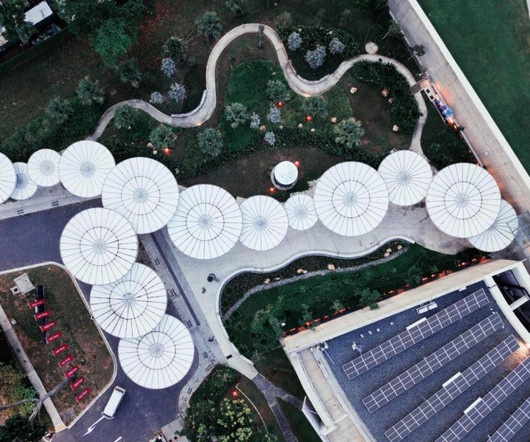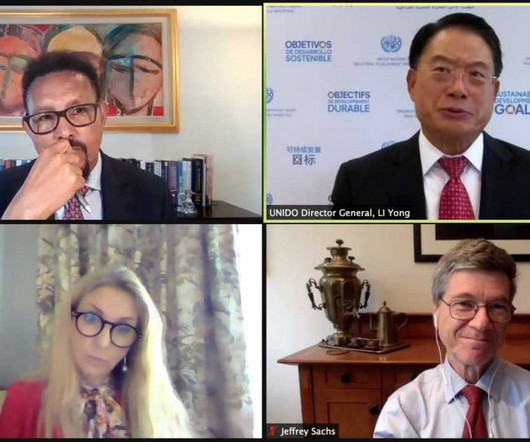How Is the Energy Transition Transforming What We Do?
3BL Media
MARCH 18, 2022
Nearly half the global economy is aiming to be net-zero by 2050. The acceleration of renewable generation, electrification, decentralization, and digitalization is completely changing the energy landscape, creating both tremendous opportunities, as well as challenges. Today’s market is much more complex.











Let's personalize your content